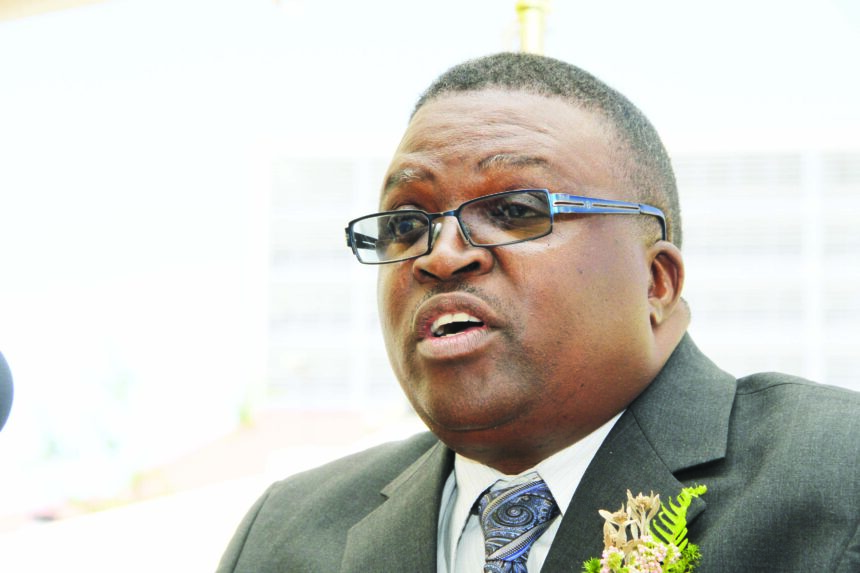In a concerning financial update, the Mariental Municipality has reported a significant increase in its deficit for 2023.
This raises alarms among local stakeholders and residents. The municipality’s deficit has surged to N$29.79 million, a dramatic rise from N$11.27 million recorded in 2022.This represents an increase of approximately N$18.5 million, highlighting a growing fiscal challenge.
These figures were contained in the report by Auditor General Junias Kandjeke, covering the financial year ending 30 June 2023. Despite a commendable rise in revenue, which reached N$104 501 597 in 2023 compared to N$95.1 million the previous year, the municipality’s expenses have escalated even more sharply.
Total expenditures jumped to N$134.3 million from N$106.36 million in 2022.
This widening gap between revenue and expenses has resulted in alarming deficit figures that now pose questions about the municipality’s financial management and sustainability. In a move to address financial discrepancies, Mariental Municipality CEO Paul Nghiwilepo said they are “in the process of procuring prepaid water and electricity metres”. This initiative will help address the deficit.
A deficit occurs when a municipality’s expenses exceed its revenues during a specific accounting period.
This financial shortfall indicates that the municipality is spending more money than it is bringing in, which can lead to significant implications for its operations and overall financial health. Running a deficit can have several consequences. It may necessitate borrowing to cover the gap between income and expenditure.
Moreover, this borrowing can lead to increased debt levels, which may require higher future taxes or reduced public services to manage repayment obligations.
Also, the audit findings regarding the municipality’s financial statements reveal significant discrepancies in the reporting of bulk purchases for water and electricity, which are critical components of municipal operations.
Kandjeke issued a qualified audit opinion primarily due to the municipality’s inconsistent application of the “accrual basis of accounting”.
Under this method, revenues and expenses must be recognised when they are earned or incurred, rather than when cash is exchanged, providing a more accurate financial picture.
A qualified audit opinion is a statement that indicates there are some concerns regarding a company’s financial statements. In simple terms, it means that while the financial statements are mostly accurate, there are specific areas where the auditor has found issues that could affect their reliability. During the audit period, the municipality made substantial bulk purchases amounting to N$14.9 million for water and N$49.56 million for electricity.
However, the recognised expenses were reported as N$17.34 million for water and N$37.61 million for electricity. This discrepancy arises because the expenses recorded were based on actual cash payments rather than accrued liabilities or invoices received.
As a result, there were material misstatements of N$2.43 million for water and N$11.43 million for electricity.
These findings indicate that the municipality did not adhere to accrual accounting principles effectively.
Instead of recognising expenses when incurred at the point of receiving goods or services, they accounted only for expenses when payments were made.


